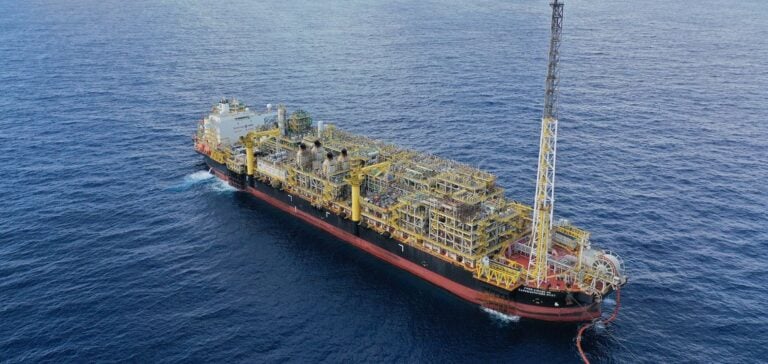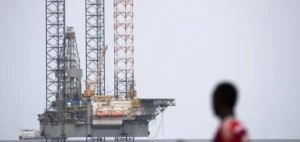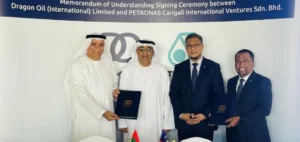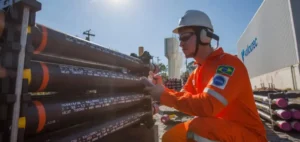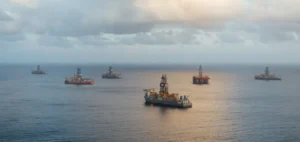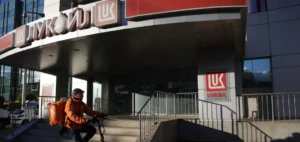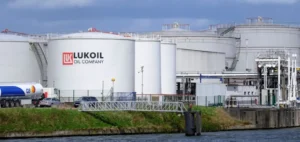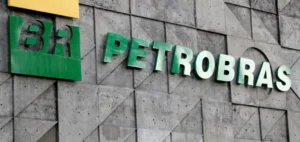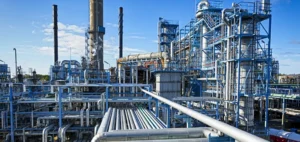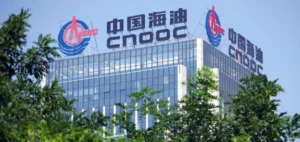TotalEnergies EP Brasil announced on Wednesday the signing of an agreement with Shell Brasil Petróleo Ltda (Shell) involving an asset swap within the framework of its offshore oil project in Brazil. Under the agreement, TotalEnergies will acquire an additional 3% interest in the offshore Lapa field, raising its total share to 48%, while Shell will retain 27% and Repsol Sinopec 25%. In exchange, TotalEnergies will divest its 20% non-operated stake in the Gato do Mato project.
Increased production at Lapa
The Lapa field, located in the Santos Basin approximately 270 kilometres off the Brazilian coast, has been producing for several years. The planned expansion via the Lapa South-West project, which includes a subsea tieback, is expected to boost production by 25,000 barrels per day by the end of 2025, bringing total output at the field to 60,000 barrels per day.
TotalEnergies’ investment strategy
The transaction aligns with TotalEnergies’ strategy to focus investment on low-cost, low-emission projects. Javier Rielo, Director for the Americas at TotalEnergies, stated that the swap strengthens the company’s operated position in the pre-salt Santos Basin, following approval of the Atapu 2 and Sepia 2 projects in Brazil in 2024.
A key player in Brazil
TotalEnergies has been active in Brazil for nearly 50 years and currently employs around 4,000 people in the country. In addition to oil and gas operations, the company is also investing in renewable energy. In 2022, it signed a partnership with Casa dos Ventos, a leading Brazilian renewable energy company, to jointly develop a 12 GW renewable energy portfolio. In 2024, TotalEnergies’ average production in Brazil reached 153,000 barrels of oil equivalent per day.
Finalisation of the agreement remains subject to customary regulatory approvals.


